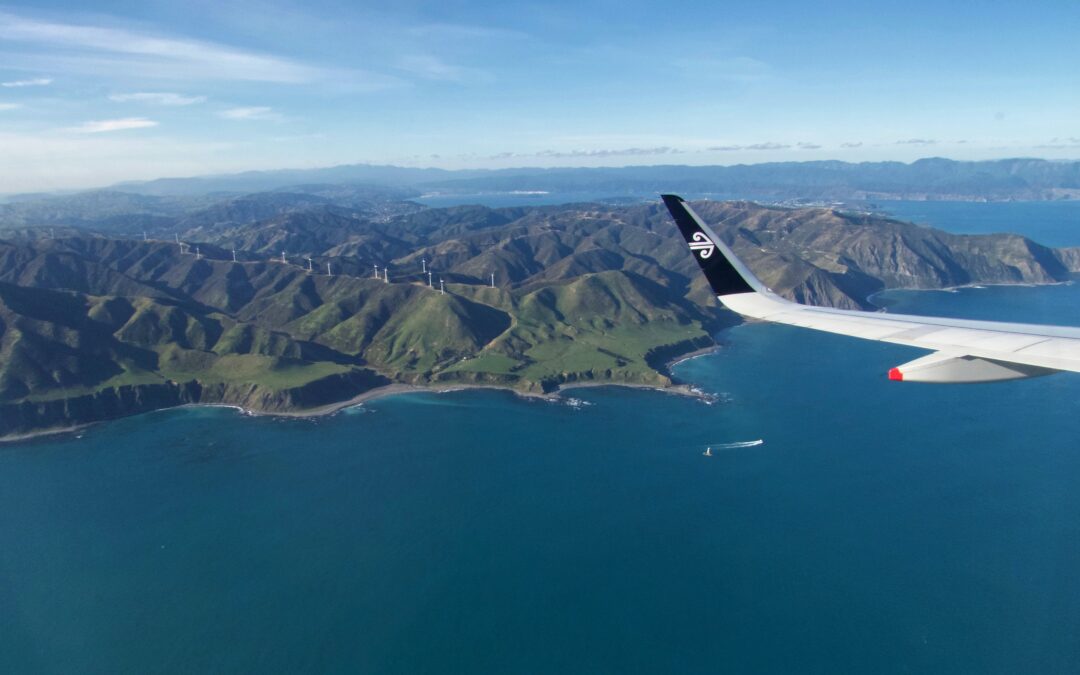跨塔斯曼海峡 – 澳洲与新西兰建立 “旅行泡泡”
On 2 October 2020, PM Scott Morrison announced that there would be a safe travel zone or ‘travel bubble’ between Australia and New Zealand. The Australian Government was confident that New Zealand had properly managed the outbreak of COVID-19 and hence incoming passengers from New Zealand would pose a low risk of COVID-19 transmission to the Australian community. The travel bubble was established on 16 October 2020.
2020年10月2日,莫里森宣布,澳大利亚和新西兰之间建立 “跨塔斯曼海峡 “旅行泡泡 – 无检疫安全旅行区。澳大利亚政府相信,新西兰对冠状病毒病(COVID-19)已经妥善控制,因此来自新西兰的入境旅客把冠状病毒病(COVID-19)传播到澳大利亚社区的风险很小。 “跨塔斯曼海峡 “旅行泡泡于2020年10月16日正式建立。
What does this mean for New Zealand residents? 这对新西兰居民意味着什么?
As noted in the Australian Border Force’s current travel restrictions for passengers coming to Australia, only Australian citizens, permanent residents and immediate family members are allowed to enter Australia without a travel exemption. These passengers must quarantine in the port of arrival for 14 days and they must pay for the costs of quarantine. Temporary visa holders who do not fall into those categories must request for a travel exemption to enter Australia and are subject to the 14-day quarantine.
正如澳大利亚边防部目前对来澳旅客的旅行限制所指出的那样,只有澳大利亚公民、澳大利亚永久居民和其直系亲属可以在没有旅行豁免的情况下进入澳大利亚。这些旅客必须在到达地隔离14天,并必须支付隔离费用。不属于这些类别的临时签证持有人必须申请旅行豁免才能进入澳大利亚,并接受为期14天的强制隔离。
What this travel bubble means is that anyone who had been residing in New Zealand for at least the past 14 days, and who has not been in a hotspot in New Zealand can enter Australia without a travel exemption, and without the mandatory 14 day quarantine. Currently, only New South Wales and the Northern Territory are accepting passengers from New Zealand quarantine-free, meaning that should you travel interstate from either New South Wales or the Northern Territory, you will be subject to the mandatory 14 day quarantine.
这种旅游泡泡意味着,任何人只要在过去14天内居住在新西兰,并且没有去过新西兰的冠状病毒疫情高危地区,就可以进入澳大利亚且无需申请旅行豁免,也不必进行为期14天的强制隔离。目前只有新南威尔士州和北领地接受来自新西兰的免隔离游客,这意味着如果您想从新南威尔士州或北领地去其他州旅行,您还是会受到为期14天的强制隔离。
Travel is only one way 单边旅行泡泡
Unfortunately for Australian citizens and permanent residents, the travel bubble only operates one-way. Australian citizens and permanent residents must request for a travel exemption in order to depart Australia, and the categories of exemptions are limited to the following:
不过澳大利亚公民和永久居民还是必须申请旅行豁免才能离开澳大利亚,因为这个旅行泡泡是单向的。豁免仅限于以下几种类别:
- Travel is part of the response to the COVID-19 outbreak, including the provision of aid;
- 旅行是为了应对冠状病毒病疫情,包括提供援助;
- Travel is essential for one’s business or one’s employer;
- 旅行对于关键行业和业务(包括进出口行业)的运行必不可少;
- Travel is required so that one can receive urgent medical treatment that is not available in Australia;
- 旅行是为了接受澳大利亚没有的紧急医疗;
- Travelling outside Australia for three months or longer;
- 在澳大利亚境外旅行三个月或更长时间;
- Travelling on compassionate or humanitarian grounds;
- 令人同情的理由或人道主义理由;
- Travel is in the national interest.
- 旅行是出于国家利益.
However, if you are usually resident in New Zealand (for example an Australian citizen with permanent residency in New Zealand), then you do not need to request a travel exemption to depart Australia for New Zealand. That being said, you are subject to New Zealand’s health guidelines upon entry into New Zealand.
但是,如果您是新西兰常住居民(例如有新西兰永久居留权的澳大利亚公民),那么您无需申请旅行豁免即可离开澳大利亚前往新西兰。话虽如此,但您进入新西兰时必须遵守新西兰的健康指南。
If you are a resident of New Zealand and are unsure as to whether you can travel to Australia or if you are an Australian citizen or a permanent resident wishing to travel to New Zealand, please do not hesitate to call Kah Lawyers on +61 02 9689 3173 for a telephone or video conference.
如果您是新西兰居民,并且不确定您是否可以前往澳大利亚,或者您是澳大利亚公民且希望前往新西兰的永久居民,请立即拨打+61 02 9689 3173致电Kah Lawyers进行电话或视频咨询。
Disclaimer: This information is current at the time of publication and subject to change. The contents of this blog post is provided for general information only and Kah Lawyers does not accept any liability for any damages suffered by persons who relied on this information. This information does not constitute legal advice and is not intended as a substitute for legal advice.
